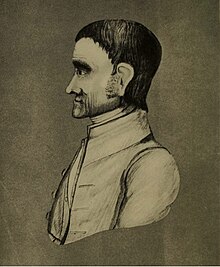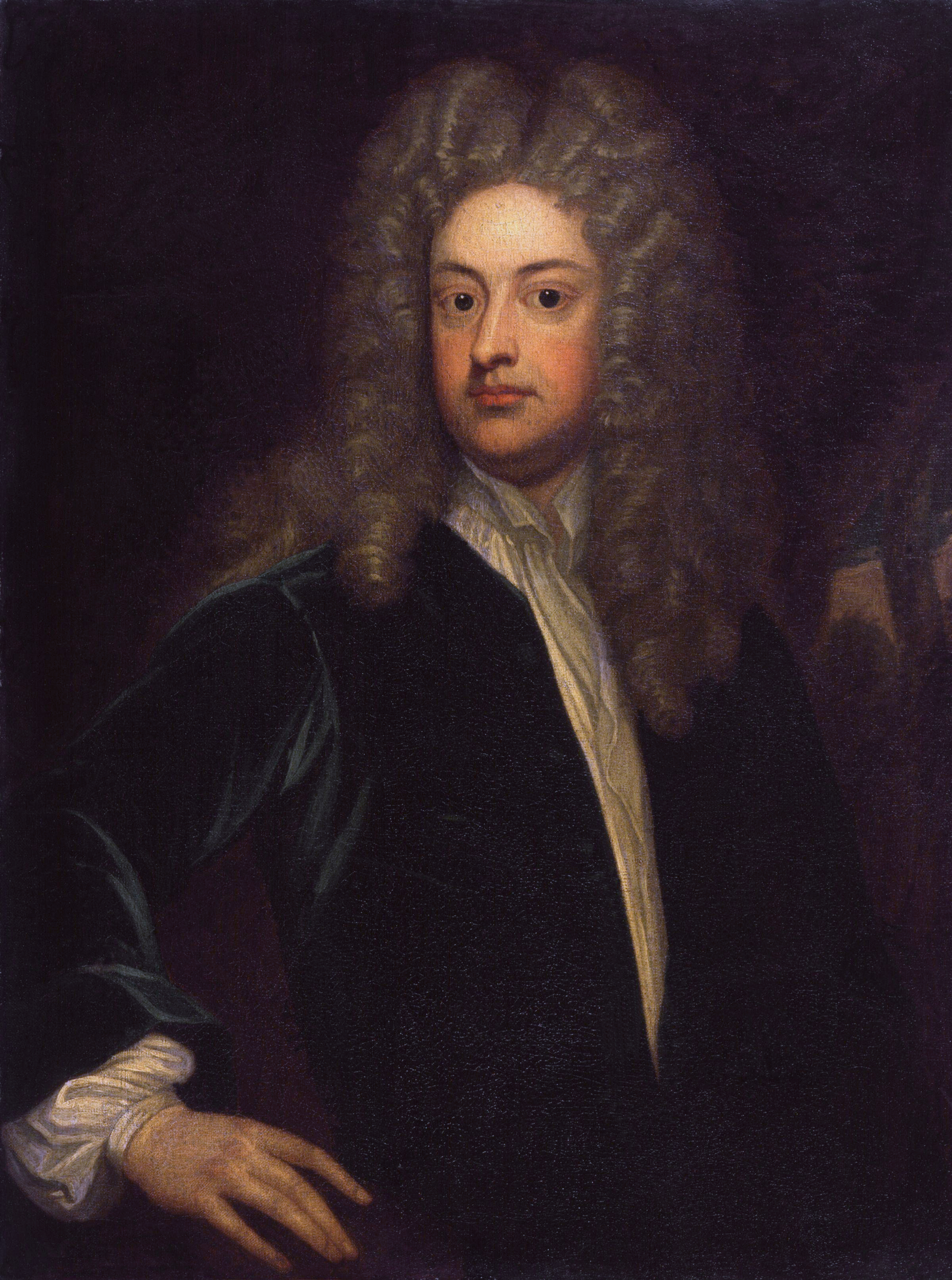
John Woolman
Journal
「1720-1742」John Woolman, “1720-1742,” in The Journal of John Woolman [Bartleby.com] 「posthumously published in 1774 by Joseph Crukshank」 in vol. 1, pt. 2 of The Harvard Classics (New York, 1909-14).
I may here mention a remarkable circumstance that occurred in my childhood. On going to a neighbor’s house, I saw on the way a robin sitting on her nest, and as I came near she went off; but having young ones, she flew about, and with many cries expressed her concern for them. I stood and threw stones at her, and one striking her she fell down dead. At first I was pleased with the exploit, but after a few minutes was seized with horror, at having, in a sportive way, killed an innocent creature while she was careful for her young. I beheld her lying dead, and thought those young ones, for which she was so careful, must now perish for want of their dam to nourish them. After some painful considerations on the subject, I climbed up the tree, took all the young birds, and killed them, supposing that better than to leave them to pine away and die miserably. In this case I believed that Scripture proverb was fulfilled, “The tender mercies of the wicked are cruel.” I then went on my errand, and for some hours could think of little else but the cruelties I had committed, and was much troubled. Thus He whose tender mercies are over all his works hath placed a principle in the human mind, which incites to exercise goodness towards every living creature; and this being singly attended to, people become tender-hearted and sympathizing; but when frequently and totally rejected, the mind becomes shut up in a contrary disposition.
I kept steadily to meetings, spent first-day afternoons chiefly in reading the Scriptures and other good books, and was early convinced in my mind that true religion consisted in an inward life, wherein the heart does love and reverence God the Creator, and learns to exercise true justice and goodness, not only toward all men, but also toward the brute creatures; that, as the mind was moved by an inward principle to love God as an invisible, incomprehensible Being, so, by the same principle, it was moved to love him in all his manifestations in the visible world; that, as by his breath the flame of life was kindled in all animal sensible creatures, to say we love God as unseen, and at the same time exercise cruelty toward the least creature moving by his life, or by life derived from him, was a contradiction in itself. I found no narrowness respecting sects and opinions, but believed that sincere, upright-hearted people, in every society, who truly love God, were accepted of him.




